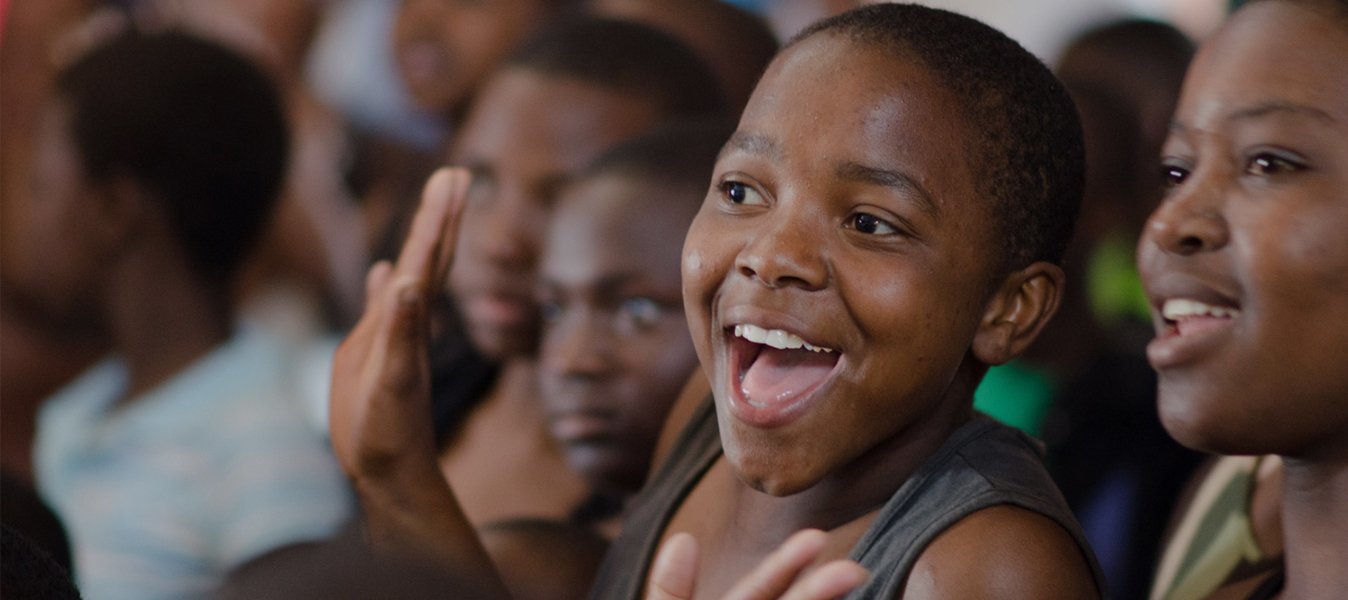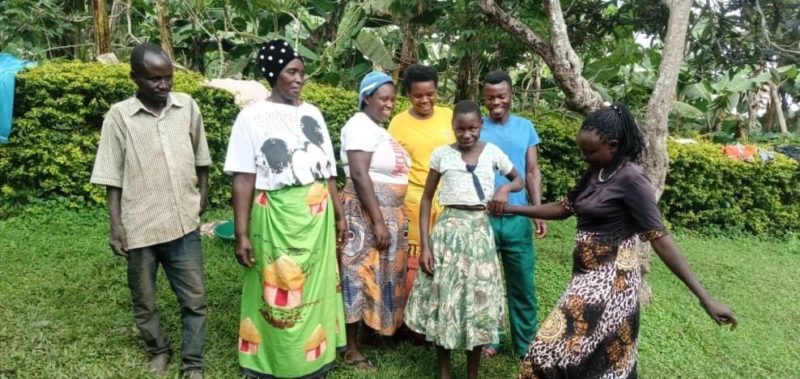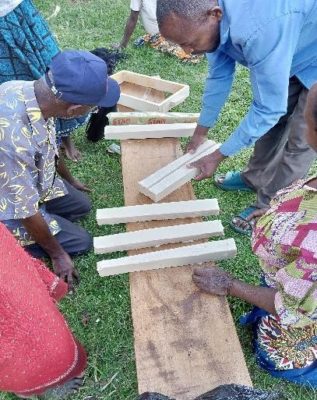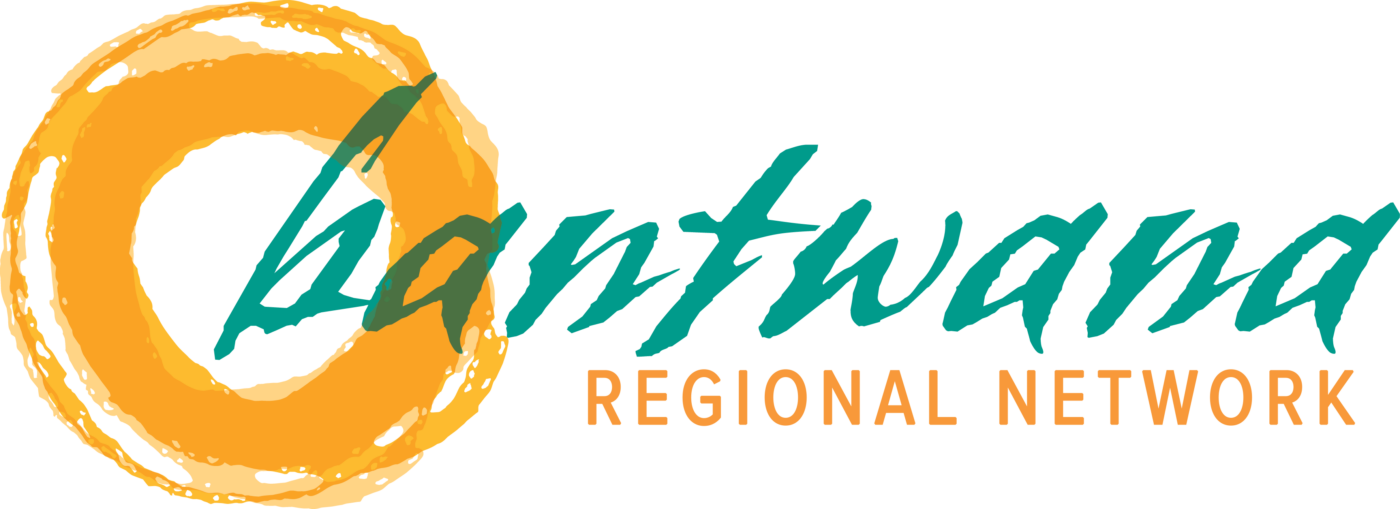
Parenting Group in Uganda Helps Community Meet Basic Needs
When schools in Uganda reopened after Covid-19 closures, one community realized that a significant number of children had not returned to class. Some parents who didn’t send their kids back to school did not see the significance of education, repeating the phrase, “obutarasomere tindoho?”, or “even when I am not educated, am I not existing?”
To spread messages about the importance of education, parasocial workers organized a campaign that sparked community dialogue around going back to school, in collaboration with the Village level Local Council and the Village Health Team, funded by the Western Uganda Bantwana Program.
This community dialogue led to the creation of positive parenting groups (PPGs) that created action plans to meet the needs of children, including identifying and reporting child abuse and saving money to send children to school.
For one week, a group of 35 caregivers participated in parenting sessions and received training on positive parenting techniques. The Positive Parenting Program aims to enhance parents’ skills and confidence in raising pre-teens and teenagers, promote family-based practices that contribute to sexual violence prevention, reduce economic stress, and increase knowledge of referral services available in the community for support. These caregivers also received training to establish a Village Saving Loan Association plus (VSLA+), and introduced a saving of 5 shares of 2000 UGX shillings per week with the aim of supporting children’s education and meeting their basic needs.

The PPG and VSLA+ identified a case of child abuse in the community. The child was treated with PEP to prevent pregnancy and HIV. The PPG and VSLA+ used their OVC grant of 200/= and welfare of 300/= UGX to provide the child with clothing and provide them with psychosocial support to the child and the family.
The PPG and VSLA+ group has saved 1.8 million UGX shillings and distributed loans amounting to 1.5 million to 18 members. Those members were supported to start small businesses in the community after being trained in financial literacy, planning, and management.
The group has also identified, handled and reported five cases of child abuse. The Village Health Team, trained on positive parenting and reporting child abuse, identified and reported a case to the Community Development Officer and the Bantwana Initiative field staff. The VSLA+ emergency fund helped a child access health services, and one group member provided temporary meals and accommodation.

In Uganda, high prices mean that many can’t afford to buy necessities. The cost of bar soap has doubled since the pandemic, so caregivers in the PPG and VSLA+ decided to learn to make it. This led to a program to address low household income, strengthen local economies, and support children, designed by WUBP in partnership with CECO.
These community members came together with open dialogue to support each other, make their community a safer place for children, create economic opportunities, and prioritize education. As a result, an increasing number of abuse cases are being addressed, small businesses owners are empowered, and safety nets are in place to ensure everyone’s basic needs are met.
